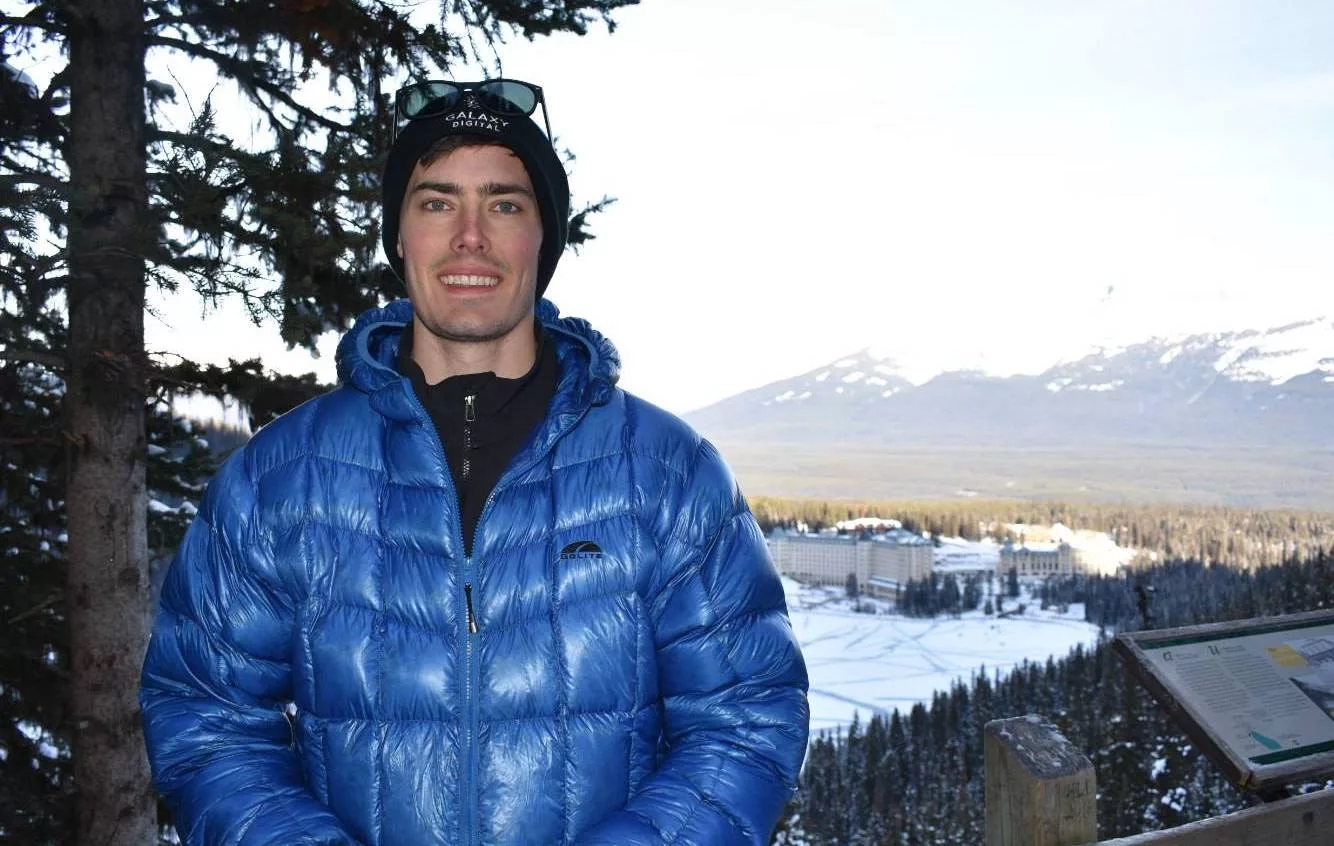Capital is about more than money. It is about Freedom.
Jed Emerson
I’ve worked with a number of hyper-local and traditional small businesses, as well as numerous solo founders of early-stage startups and product and service-based brands and digital companies. Over and over, the story is the same. Person starts business. Person uses all of their personal capital (savings, credit cards, friends, and family). Person is out of capital and needs capital. Person cannot get bank financing (their credit is obviously a mess by this point) and is not a candidate for (or interested in) venture capital.
So person googles, “how to get money for my small business” and receives 4 trillion results, most of which include some combination of the following list: savings, friends and family, venture capitalists, SBA loans, personal financing, and product pre-sales. And generally, they make some reference to something called alternative financing.
Data shows that 83% of entrepreneurs (overall, not just small businesses) do not access bank loans or venture capital, which means the people who already have wealth are the ones who are able to start and maintain businesses. The tired adage of pulling yourself up by your bootstraps only works if you are privileged enough to have a boot to start with.
Alternative financing usually refers to the merchant cash advance market/ racket. So Person applies for Merchant Cash Advance loan and is approved. The terms are too short, the fees are too high, and when they can’t make the payments or the loan term is over but not paid, they take out more financing to keep up.
Small and hyper-local businesses, solo-founder startups, service, and product companies, and digital entrepreneurs constantly experience cash flow problems; with very few options for relief and less than few that aren’t punitive or even predatory.
I’ve seen this over and over with businesses I’ve consulted for as well as friends and colleagues – and experienced similar situations with my own business. In fact, in 2019, the big 3 merchant cash advance companies loaned a total of $13.77 billion to small business owners, 32% of small business owners are looking for capital at any given time, and the total merchant cash advance market was projected to hit $400 billion + in 2020 (before COVID-19, which will likely make it higher).
The only way this changes is if we start creating, investing in, promoting, and generally supporting more conscious financing options, including better terms, but also to support a diverse array of entrepreneurs that don’t normally have access to education, funding mechanisms, and other supports or may not be the typical age or economic status, come from the typical geographic area or cultural background. We all need the chance to take a risk and build businesses that create solutions.
Enter William Stringer, founder of Chisos. Will started Chisos because he saw a clear gap in the market. A seasoned investor (he started investing at age 12!) who worked in both a large family office and an early-stage startup seeking funding, he started coming up with his own alternative financing option – one that supports business owners based on their potential and still has market returns for the investors.
The product is what we call a Convertible Income Share Agreement (CISA). I won’t go into all the details because it takes a minute to go through it all and you can learn more here, here, and here. The simplest explanation is this:
- Chisos provides capital of between $25,000 and $100,000 to an entrepreneur for whatever reason they want: payroll floating, scaling, going all-in on a side hustle, buying inventory, etc. It also doesn’t matter if you want to scale, sell, pass on to your family, or run the business until you are on your death bed.
- The entrepreneur signs an Income Share Agreement that says when they start paying themselves a salary or earning over a certain threshold (with their business), they will start paying Chisos back. Until they are making that threshold of money, they do not make payments.
- The investor also gets a certain % of equity in the business – which starts in the 5-15% range, but goes down the more of the CISA the entrepreneur pays back. As the CISA is paid down, the founder has to ability to earn back up to 2/3rds of their equity back.
- The progressive CISA repayment caps (1.5x-2.0x) are roughly equivalent to a 15% interest-bearing loan.
- If the business fails, the entrepreneur pays the entire amount back with whatever money they start making (from a w-2 job or a different business), again, when that income is above a threshold, typically $40,000/year.
It’s super nuanced, and as a new startup, they are exploring lots of options with people who apply for funding.
Here’s why it matters so much.
- Their goal is to give you the capital to run the business you want to run. Many people who are looking for capital have no interest in or do not fit the venture capital grow at all cost investing model.
- They are taking a number of other factors into consideration when reviewing an application. Although credit can be part of the equation, they are acknowledging from the outset that many people looking for this type of funding have exhausted their personal options first which affects their credit and/or have had some major emergency that is also affecting their credit.
- They are allowing entrepreneurs to bet on themselves. Confidence has been cited as the only thing small business owners need more than capital. Confidence is intimately and intricately connected to approval. It’s why so many small business owners hang on every word of every Google review. We want to believe that we are capable and so we look for people who agree.
- You don’t start paying the CISA back until you start making money. This is truly a game-changer. The alternative financing options I discussed earlier require you to make payments regardless of whether you are making money, take a % of your daily sales regardless of how much those sales are, or advance payments on outstanding invoices at a % of the outstanding amount, that they then collect.
- They are being kinder to entrepreneurs while also taking care of their investors. The promise to pay with money, not from the business is what makes this attractive to conscious investors. And it is a better price to pay, for the entrepreneur, than payments that are clearly too high or a term length too short based on your current income.
Today, more than ever before, we need conscious financing options like Chisos and founders like Will changing the rules. We all know the horrors small businesses have been going through with little relief over the past few weeks. Every day, there are more stories of small and hyper-local businesses closing their doors permanently, wringing their hands in frustration, and looking for creative solutions to stay afloat.
Money donated by corporations is gone in hours or barely makes a dent in the need. The emergency loan operations from the government are confusing, cumbersome, and also ran out of money in record time. Many, if not all, of the funding options, require you to have at least one other person on payroll besides yourself, which, automatically leaves out 81% of small businesses.
In 2016, according to the U.S. Census Bureau, the average annual sales for small businesses without employees is less than $50,000, and a Federal Reserve report from that year says that 45% of those non-employer businesses have annual revenue of under $25,000.
That may not seem like much to you – or maybe it doesn’t feel worth all the fuss – but the truth is that if you are making $2,000 – $4,000 from business, you are probably desperately counting on it. And if you previously took out alternative financing loans, you are officially sunk.
Deloitte recently laid out possible scenarios for how the economic effects of COVID-19 could play out. Even in the scenario that predicted the shortest time frame for quelling the virus, they still predicted small businesses unable to reverse the losses and tensions sharpening between the socioeconomic classes.
Chisos has already had 75+ applications since they opened the online application in February. One founder is looking for capital to pay their employees while they are closed. One founder is looking to go full time on their side hustle because they see potential layoffs coming. Others are looking for a way to not lose the momentum they have built up, essentially rendering that work useless. And of these 75+ applicants, over half have been from a womxn or person of color, showing there is strong interest from the exact population other financing options ignore or destroy. They believe, as do I, that these founders have the chance to make real change, regardless of size or scale, and they are going to give them the chance to do so.
Think about it. With 31 million small businesses operating in the United States -businesses that employ between 40% and 50% of the private workforce, represent 98% of employer firms in high tech, half of which are womxn owned, and a third of which are minority-owned – a lot of businesses making real change on a smaller scale translates to larger-scale shifts.
Will calls it democratizing entrepreneurship. It’s not just about offering funding to people who are left out of the typical funding schemes; it’s about getting funding to anyone who needs it which means womxn, people of color, and people with less than stellar credit.
It’s no coincidence that Chisos is also the name of the mountain range located in Big Bend National Park that has long been a source of spiritual and physical renewal. Indeed what Will has envisioned and is bringing to life will truly be a Big Bend in the way we all think about and have access to financing and has the potential to bring a much-needed renewal to the small business ecosystem.
Visit Chisos, follow Will on Twitter, or follow Chisos on Linked In.







